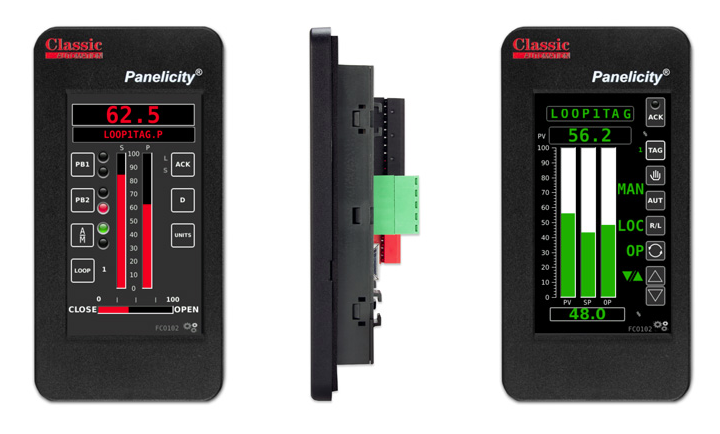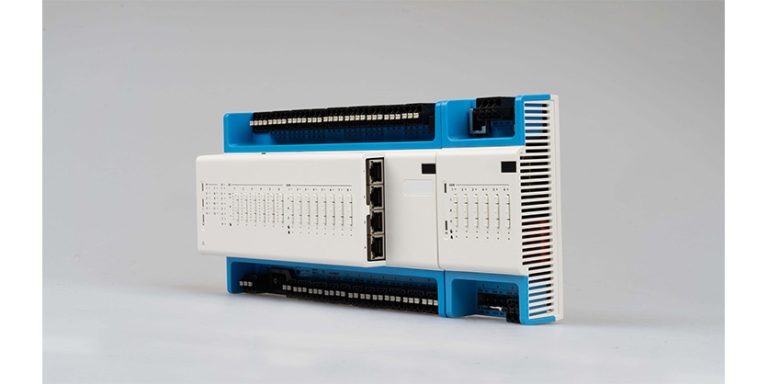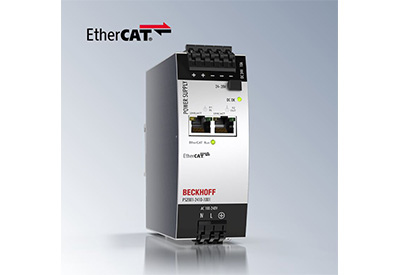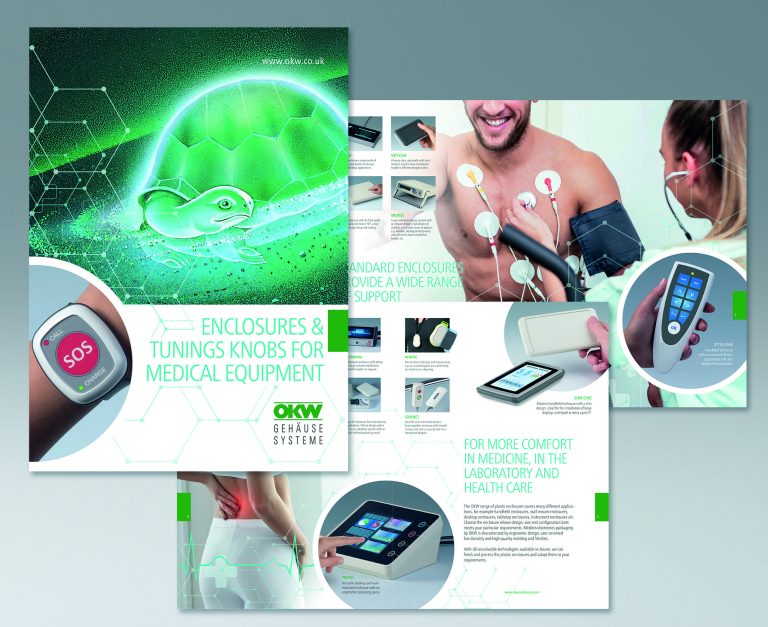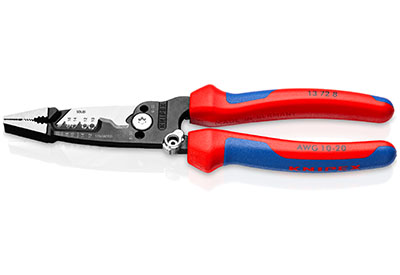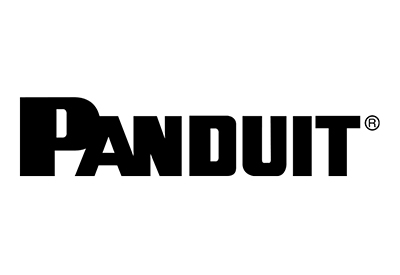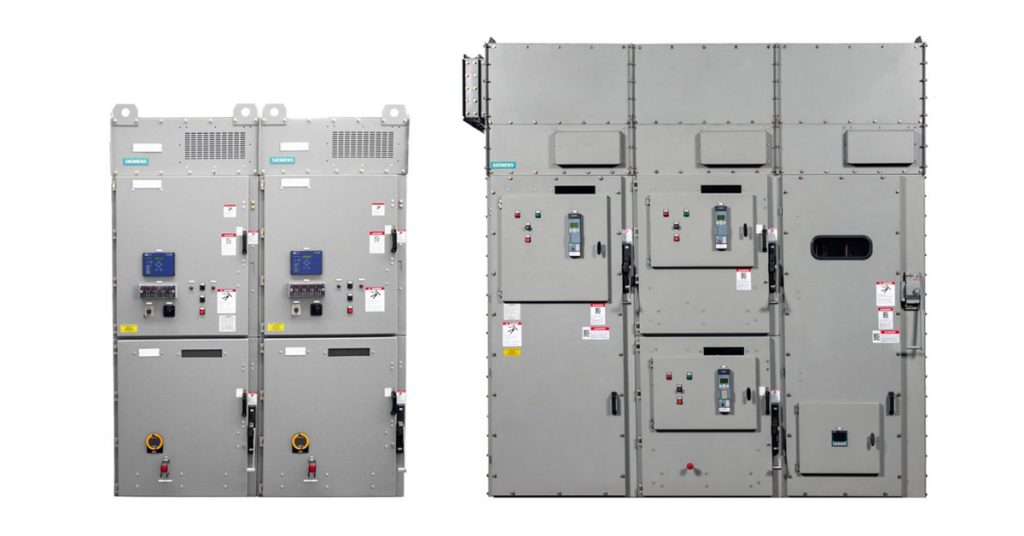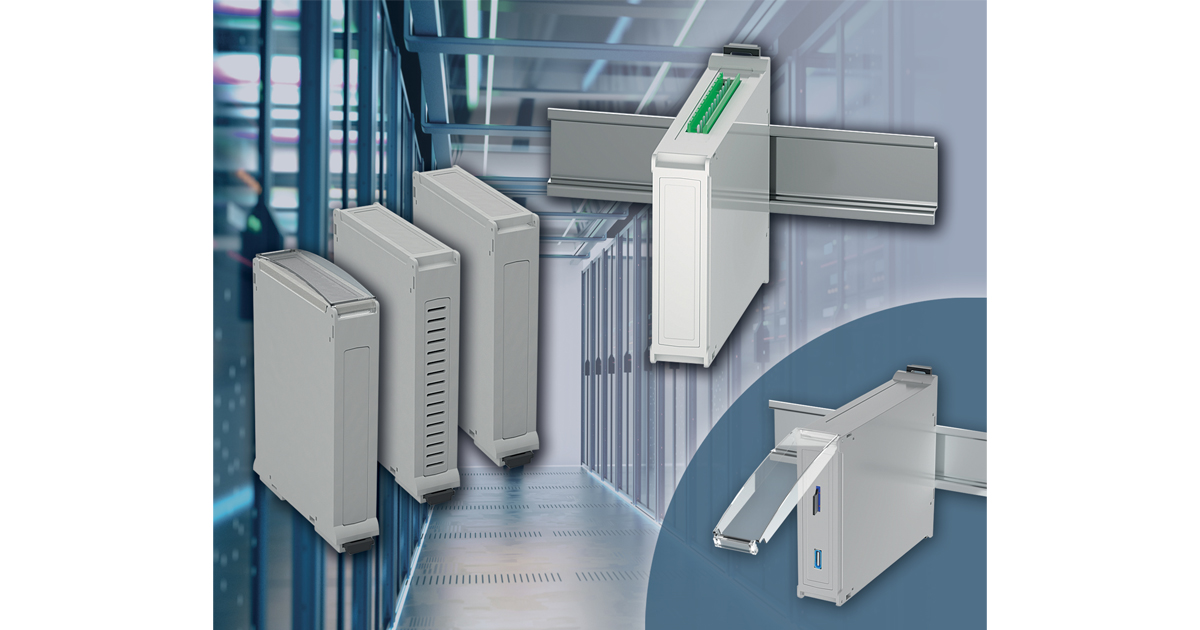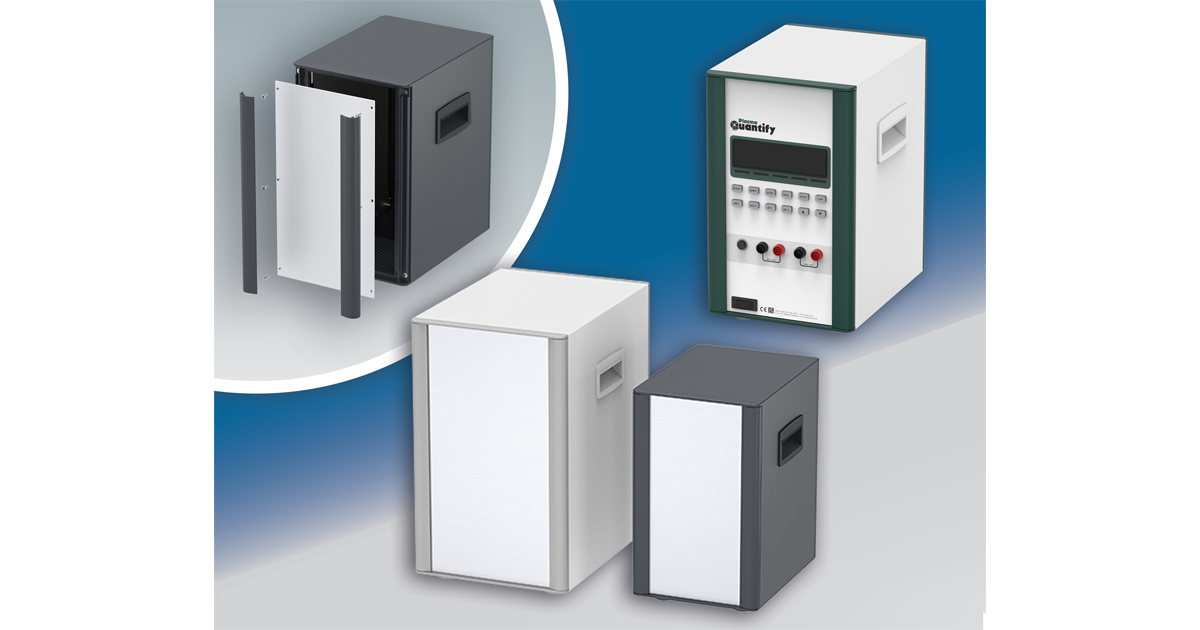Teledyne FLIR: Neutrino LC OGI Camera Module for Optical-Gas-Imaging Camera Developers
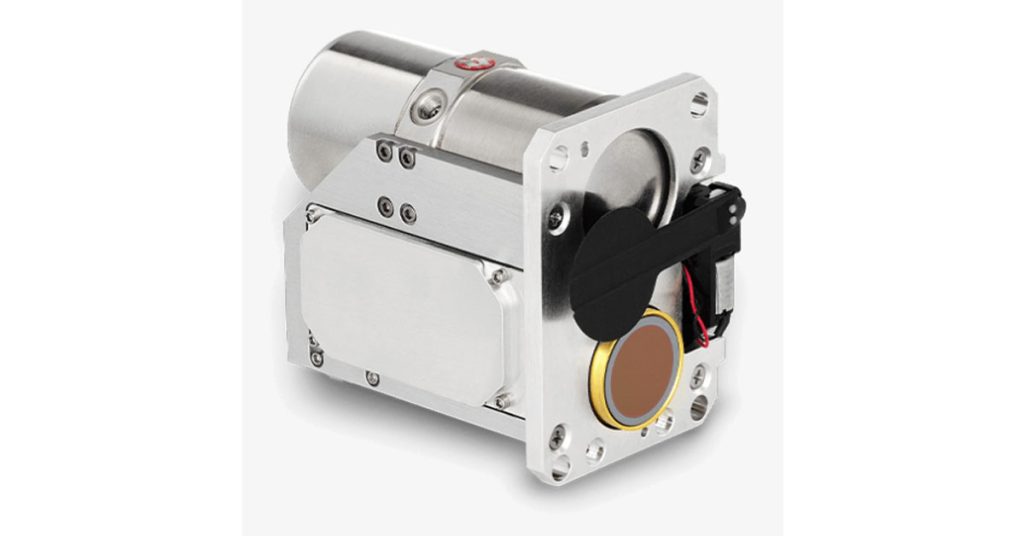
February 12, 2024
Teledyne FLIR has recently announced the Neutrino LC OGI optical gas imaging camera module, a made-in-the-USA, ITAR-free, mid-wave infrared (MWIR) imager for products designed to detect, measure, and visualize harmful gas emissions.
The Neutrino LC OGI provides best-in-class performance within a small, lightweight, and low-power module for integration into unmanned aerial vehicles, small gimbals, handheld devices, and fixed-mounted gas leak detection systems.
The MWIR spectral band is used to accurately detect the greenhouse gas methane and other hydrocarbons, such as volatile organic compounds (VOCs). The Neutrino LC OGI offers multiple modes: a 640×512 VGA resolution mode with up to eight times digital zoom to maximize scene awareness; or it can operate in bin mode, which can improve sensitivity to an industry-leading <20 millikelvins (mK) to create a crisper, higher-contrast image for pinpointing leaks.
“The detection and mitigation of harmful hydrocarbon and chemical leaks into the air represents a significant priority for regulators and impacted industries,” said Dan Walker, vice president of product management, Teledyne FLIR. “The Neutrino LC OGI is the low-risk and high-performing OEM camera module for integrators developing methane monitoring and other gas imaging solutions today.”
The size, weight, and power (SWaP) optimized Neutrino LC OGI features Teledyne FLIR’s High Operating Temperature (HOT) FPA technology and a quiet, low-vibration, and long-life linear micro cooler. Reliability and an industry-best two-year warranty make it the integrator’s module of choice where rapid leak detection and operational uptime are critical within processing facilities, refineries, pipelines, tank farms, and well pads for the oil and gas industry.
Integrators also gain access to the Teledyne FLIR professional technical support team, a full suite of hardware accessories, and a software development kit (SDK) to simplify and reduce the cost of development.


